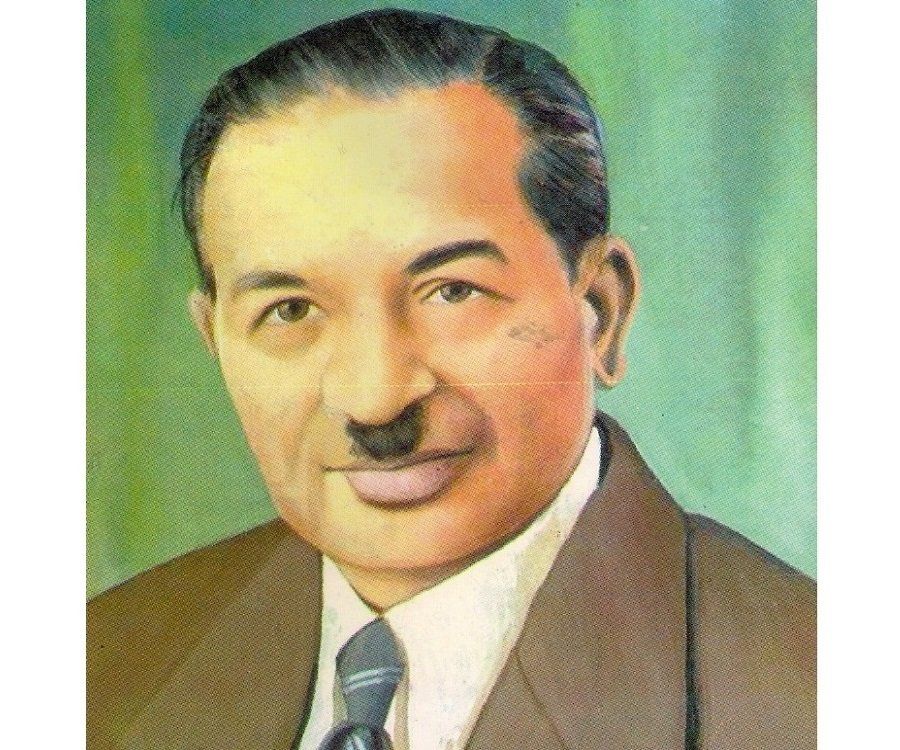Shanti Swarup Bhatnagar: A Pensive Pioneer of Indian Science and Technology

There are few people who with their creativity, hard work, perfection, progressive thinking, patriotism and scientific temperament have not only created a niche for themselves but also placed their country firmly on the international map. Dr. Shanti Swarup Bhatnagar was one such pioneer and a towering personality who pushed for Indian science.
“I can truly say that for Dr. Bhatnagar you could not have been today the chain of national laboratories.”-Jawaharlal Nehru
For that Dr. Bhatnagar is known as the father of research laboratories, remembered for having established various chemical labs in the country. Prime Minister Jawaharlal Nehru was a proponent of scientific development, after the independence in 1947, the Council of Scientific and Industrial Research (CSIR) was set up and he was the chairman. Today, the CSIR has grown to become one of the world’s largest networks of scientific laboratories. He developed a total of 12 national labs, for example Central Food Processing Technological Institute,Mysore, the National Physical Laboratory,New Delhi, the National Chemical Laboratory, Pune, the Central Fuel Institute, Dhanbad and National Metallurgical Laboratory, Jamshedpur.
Dr. Bhatnagar was born in Shahpur, now in Pakistan. His father Parmeshwa Sahai Bhatnagar died when he was only 8 months old and spent his childhood in the house of his maternal grandfather, an engineer; where he developed a liking for science and engineering. He went to England on a research fellowship after completing his Masters’s degree in India. He received his DSc from the university college, London in 1921 under the guidance of Chemist Prof. Frederick G. Donnan. He returned to India after completing his education and became a professor at the theBenarasHinduUniversity. He was knighted in 1941 and in the year 1943 he was elected as Fellow of the Royal Society. His main area of research was emusions, colloids and industrial chemistry, but his major contribution was in the field of magneto chemistry. He designed the Bhatnagar-Mathur interference balance, along with physicist R. N. Mathur which was later manufactured by a British firm. He also played an important part with Homi Jehangir Bhaba, Prasanta Chandra Mahalanobis, Vikram Sarabhai and others in building of post-independence science and technology infrastructure and in the formulation of India’s science and technology policy.
Here it is pertinent to mention the views of Dr. Bhatnagar in his presidential address to the Indian Science Congress at Nagpur in 1945:
“… science has no future in India unless our agriculture and our industries are fully developed; more food and more health are dependent upon these factors. Scientific and Industrial research thrives best when it is applied to material benefit.”
The views provide a window to the personality of Dr. Bhatnagar and his vision for India.
He died of a heart attack on 1 January, 1955. He achieved a great deal in his eventful 60 years. He left an indelible imprint on pure science. He believed in the application of science to help solve the country’s economic problem. As a visionary he saw the need for a strong science infrastructure for an independentIndia. The CSIR seed sown by him has slowly but steadily grown into a giant tree. Today the 38 CSIR labs conducting research in widely diverse areas as Aerospace, Biotechnology and Chemistry virtually constitute the ABC of Indian scientific research. Dr. Bhatnagar was awarded the Padma Bhibushan in 1954. The CSIR to honour his memory has established the Shanti Swarup Bharnagar Award for eminent scientists. This award is also presented every year to a mathematician of repute too.
By Miss Priyanka Sarmah, a 3rd-semester student of Integrated Masters, Department of Physics, Tezpur University.
